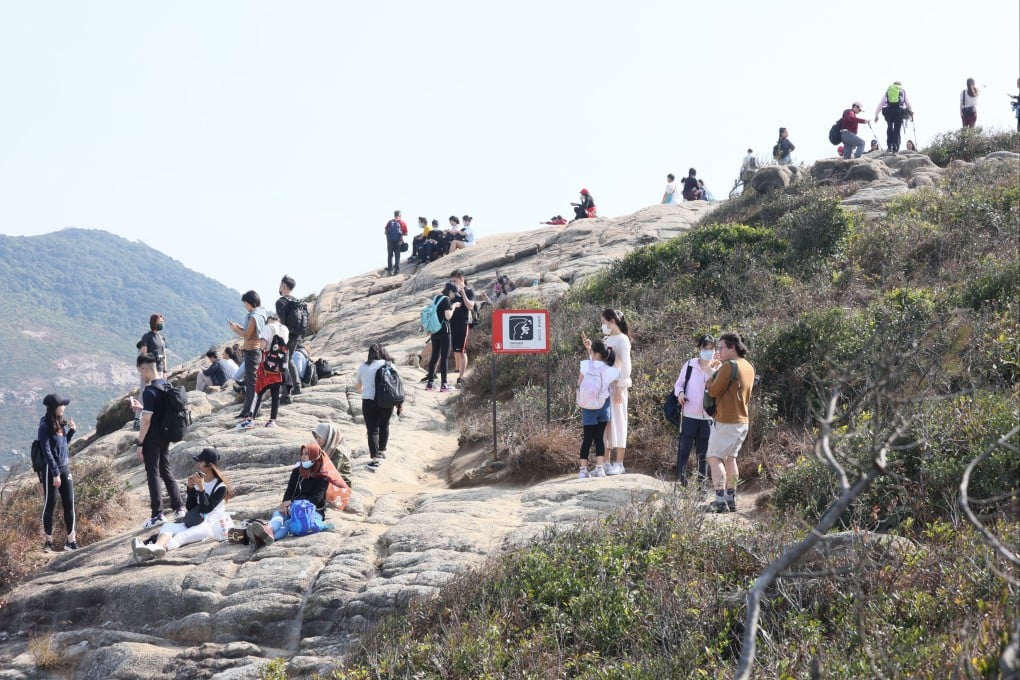Advertisement
Letters | Hong Kong’s muddled messaging on vaccines out of step with its actions
- Readers discuss Hong Kong government action and messaging on vaccines, Sustainable Development Goals, the UN General Assembly and humane treatment of migrants
Reading Time:4 minutes
Why you can trust SCMP
1

Can government action and messaging be aligned where vaccination is concerned? Current communication is that Covid-19 vaccination prevents serious illness and death. The government is encouraging all residents to be vaccinated so life can return to normal.
Simultaneously, we are pursuing a zero-Covid target because it is seen as the only way the mainland will open the border with Hong Kong. None of the Covid-19 vaccine makers have promised 100 per cent efficacy against infection, so how can this be achieved except by locking out the rest of the world?
Also, the mainland is reportedly unlikely to open the border with Hong Kong before March next year. If so, why should we bother to get vaccinated?
Advertisement
As for social distancing, the vaccinated enjoy no distinct advantages. The unvaccinated can still dine in restaurants under different modes of operation. They can still go to weddings and mahjong parlours.
Since the vaccination programme began in February, there has been plenty of time for anyone concerned about side effects to have themselves checked. Many do not see the need as their lives are not much affected by social distancing rules.
Most of Hong Kong’s working population are not senior executives of listed companies, nor are we famous actors who can travel in and out of Hong Kong without quarantine. Many work in trade and services, with main customers who are overseas.
Advertisement
Select Voice
Choose your listening speed
Get through articles 2x faster
1.25x
250 WPM
Slow
Average
Fast
1.25x